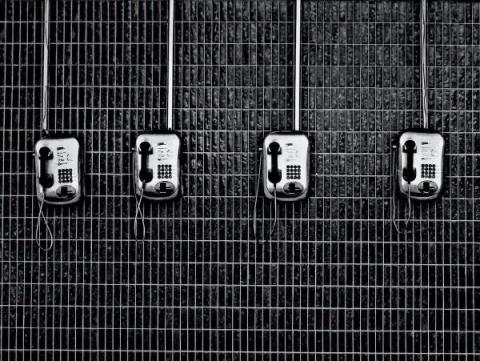What is on-call, and why is it important?
Your company has a product/service that needs to be up and running 24/7 or serving customers worldwide? Heads up, you might need an on-call team. In this article, we’ll start with the basics of what is on-call and why it is important.










